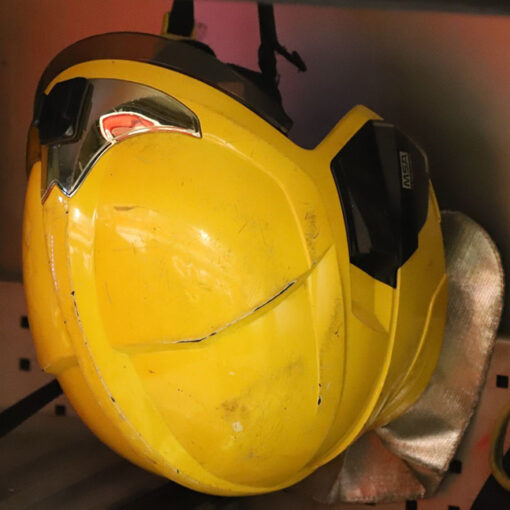There is ongoing discussion and concern about nurses leaving health care. Nursing is not a desired field of study anymore either. In the clinical field burnout among nurses is much higher than among other health care workers. The requirement for nurses to have humanity, empathy, awareness of different cultures and moral care in the work environment is causing stress. Additionally, high levels of demand and job dissatisfaction lead to negative attitudes in nursing. All of this has a strong impact on overall productivity, staff absenteeism and turnover, as well as on the quality of patient care. (Khamisa et al. 2015.)
Factors causing work stress among registered nurses
According to Gricorescu et al (2018) and Torado-Franceschi (2013, 3) physical and mental illnesses, obesity, sleep disturbances and cardiovascular diseases are the results of burnout among health care workers. Long-term work stress can also lead to psychotropic substance use and alcohol abuse. Registered nurses dedicate themselves to improving and developing the quality of life of other people but in doing so often forget about themselves. Nurses who are burnt out are perceived as neglectful and indifferent to their patients. (Todaro-Franceschi 2013, 3.)

According to literature review of Nurmine (2022) job dissatisfaction and communication problems in the workplace are closely linked to work stress and moreover, are also linked to poor human resource management as well as inadequate resources, such as a lack of staff.
Bullying among nurses
Bullying among nurses has a great effect on work stress and overall wellbeing. Bullying of nurses in the workplace has been systemic over time and continues throughout their careers. Therefore, there is a need to address anti-bullying policies in the medical fields (Edmonson & Zelonka 2019) and to start teaching standards of behaviour in health care education. In addition, the problems of workplace bullying should be talked openly and explicitly.
As shortage of nurses is a current and constantly growing problem in health care, Nurmine (2022) suggests that more research and attention should be paid to this issue. Coping with work stress and preventing bullying should also be a part of health care education. Without qualified staff and tolerable working conditions, the shortage of workforce in nursing continues to grow.
Authors
Kairi Nurmine is a graduating nursing student at LAB University of Applied Sciences.
Sini Hämäläinen works as a Senior Lecturer at LAB University of Applied Sciences.
References
Edmonson, C., Zelonka, C. 2019. Our Own Worst Enemies. The Nurse Bullying
Epidemic. Nursing Administration Quarterly. NCBI Resources. Cited 28 Feb 2022. Available at https://www.ncbi.nlm.nih.gov/pmc/articles/PMC6716575/
Grigorescu, S., Cazan, A.M., Grigorescu, O.D. & Rogozea, L.M. 2018. The role of the personality traits and work characteristics in the prediction of the burnout syndrome among nurses – a new approach within predictive, preventive, and personalized medicine concept. EPMA Journal Springer, 355‒365. PubMed. Cited 27 Mar 2022. Available at https://doi.org/10.1007/s13167-018-0151-9
Khamisa, N., Oldenburg, B., Peltzer, K., Ilic, D. 2015. Work Related Stress, Burnout, Job Satisfaction and General Health of Nurses. International Journal of Environmental research and Public Health. PubMed. Cited 24 Mar 2022. Available at http://www.ncbi.nlm.nih.gov/pmc/articles/pmc4306884/
Nurmine, K. 2022. Work Stress Among Registered Nurses in Health Care Services: descriptive literature review. Bachelor’s Thesis. LAB University of Applied Sciences. Cited 11 May 2022. Available at https://urn.fi/URN:NBN:fi:amk-202204225688
StockSnap.2017. Guy, man, people. Pixabay. Cited 12 May 2022. Available at https://pixabay.com/photos/guy-man-people-dark-shadow-hands-2617866/
Torado-Franceschi, V. 2013. in Folse, V.N. 2013. A Review of Compassion Fatigue and Burnout in Nursing: Enhancing Professional Quality of Life by Vidette Todaro-Franceschi. New York. Springer Publishing Company. Cited 11 Apr 2022. Available at https://doi.org/10.1177%2F0894318415585632




